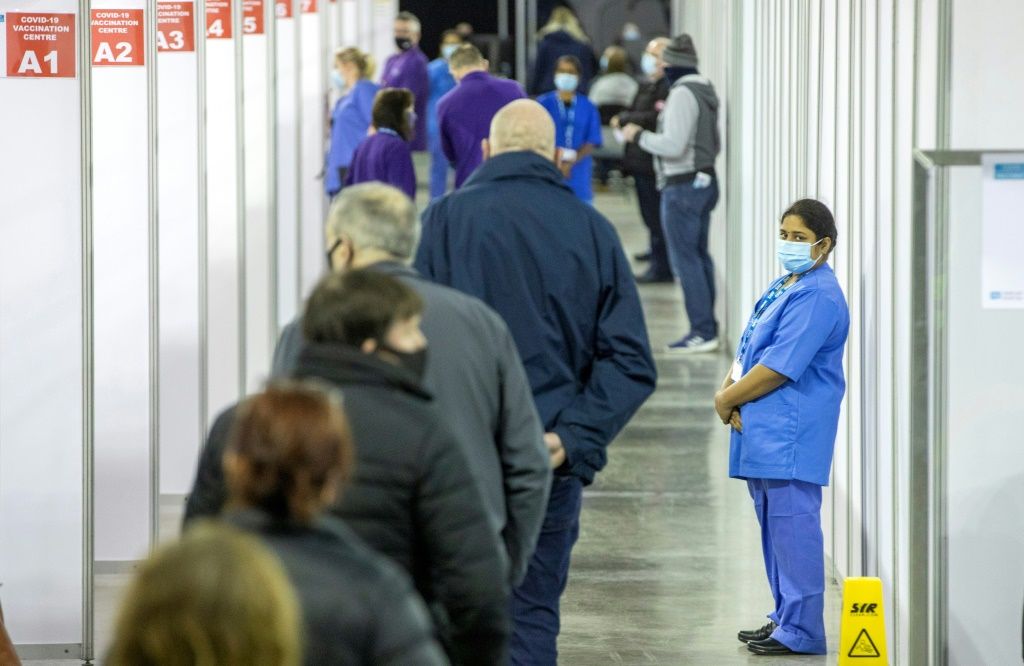COVID-19 manifests differently from person to person. While most only develop mild sickness after catching SARS-CoV-2, others may require intensive care at hospitals to survive their bout with the virus. This stark difference has led scientists to turn their attention to genetics.
After analyzing the DNA of more than 24,000 people who had COVID-19 and required intensive care treatment, researchers determined more than a dozen new genetic links that could explain the risk of developing severe illness from SARS-CoV-2 infection.
Published in the journal Nature, the findings highlight the role of the immune system not just in combating COVID-19 but also in other diseases and conditions that trigger varying immune responses.
“These are likely to be processes that are active in other conditions. Everything that we’ve done in COVID will, I think, be relevant to other groups of patients that we haven’t identified yet,” lead author Kenneth Baillie, an intensive-care specialist at the University of Edinburgh, U.K., said in a report published in the same journal.
Based on the study with more than 2,000 authors from different parts of the world, immune genes could play a role in the risk of needing intensive care while battling COVID-19. A total of 49 DNA sequences were found to be associated with severe illness. Sixteen of them had not been reported by previous research.
Baillie and other researchers noticed that some genes affected the inflammatory responses and the activation of immune cells during the infection. These processes may have damaged the lungs and reduced their capacity to send oxygen to tissues.
The authors hope their findings could contribute to the development of new therapies for COVID-19 and other diseases. However, a lot of work still needs to be done to establish the common genetic variants that contribute to the manifestations of such diseases.
But for Brent Richards, the analysis presents a deeper understanding of why some people develop severe illness from COVID-19 compared to others. The human geneticist at McGill University in Montreal, Canada, said, “It definitely expands our understanding of the genetic determinants of severe COVID.”
It’s also undeniable that the big study showed the solidarity of scientists from different institutions in the fight against COVID-19. Alexander Hoischen lauded how researchers came together for the project even if they would not benefit from it career-wise.
“Many of them acted as purely human beings. It illustrates the degree of solidarity that we really witnessed in COVID times,” noted the geneticist at Radboud University Medical Center in Nijmegen, the Netherlands.
Published by Medicaldaily.com


